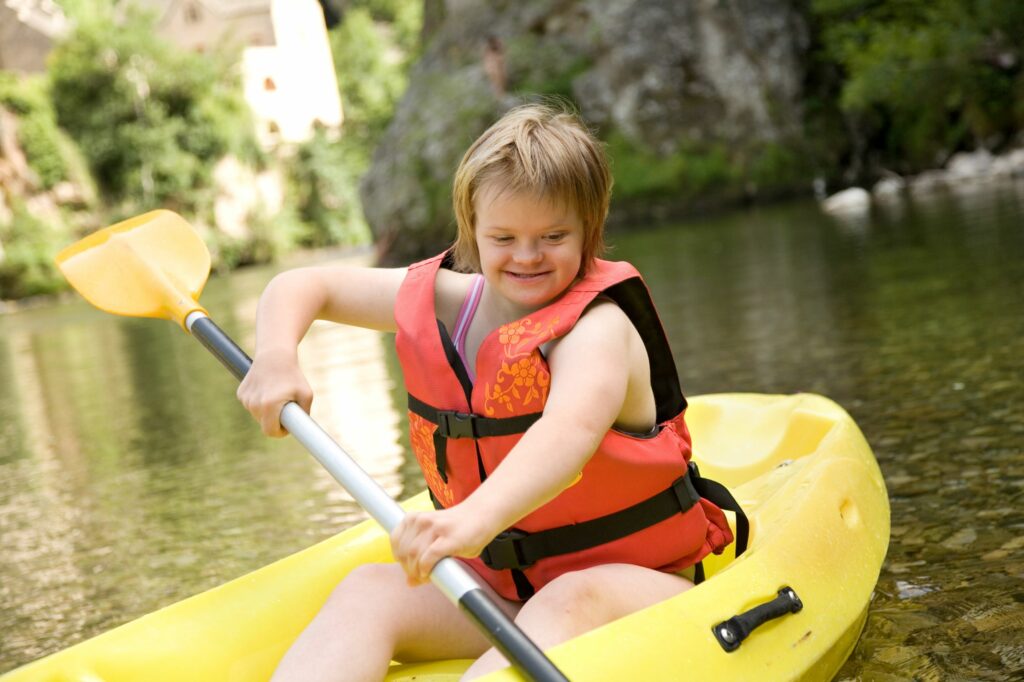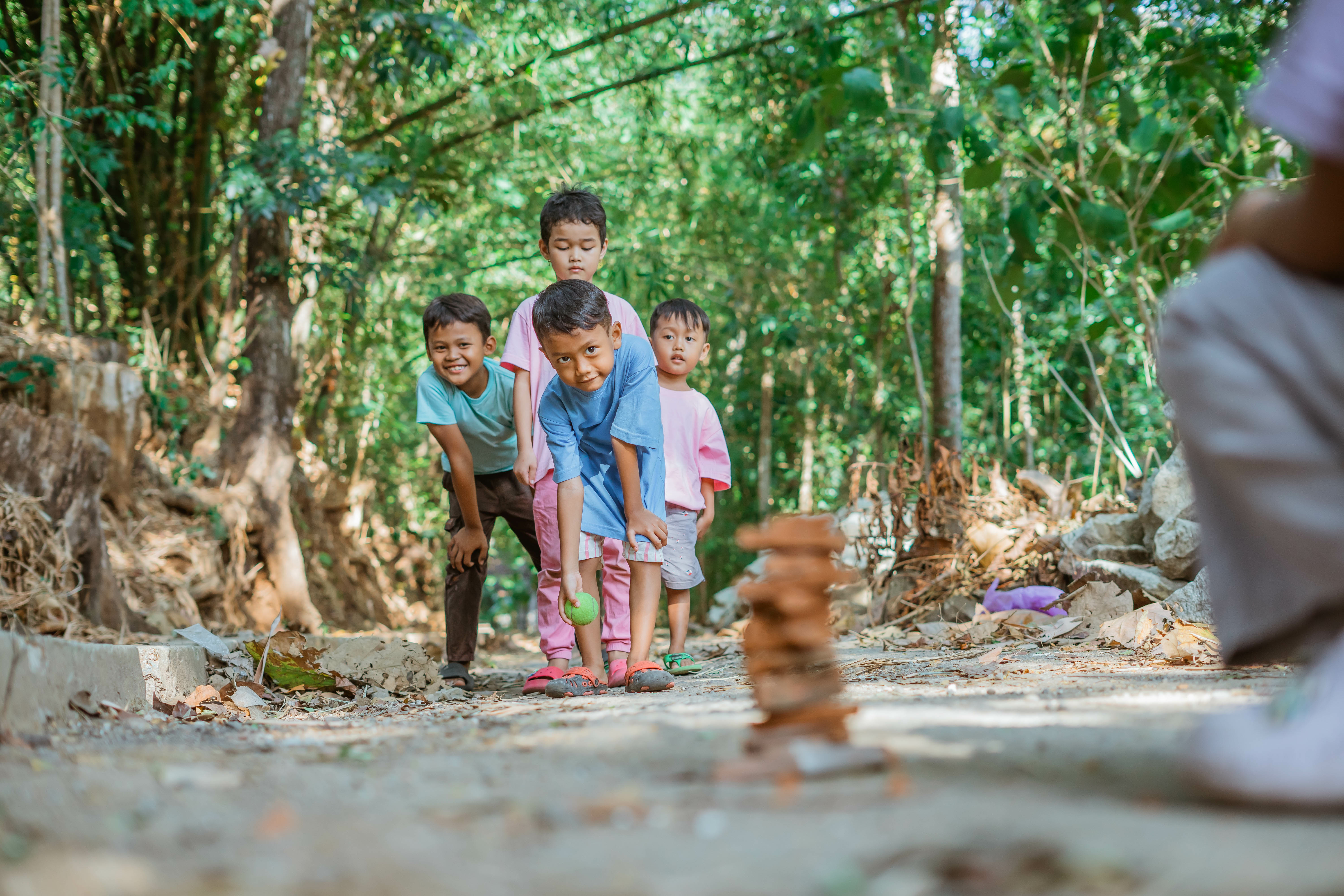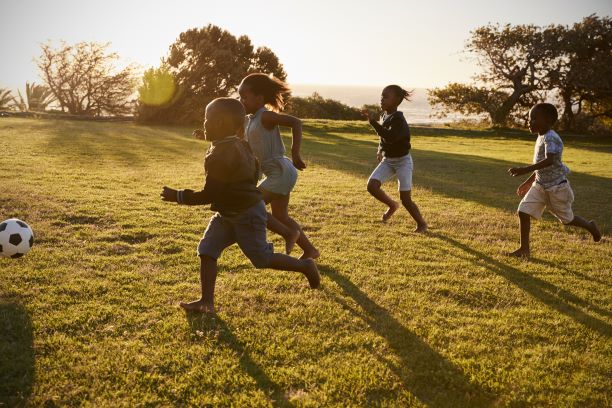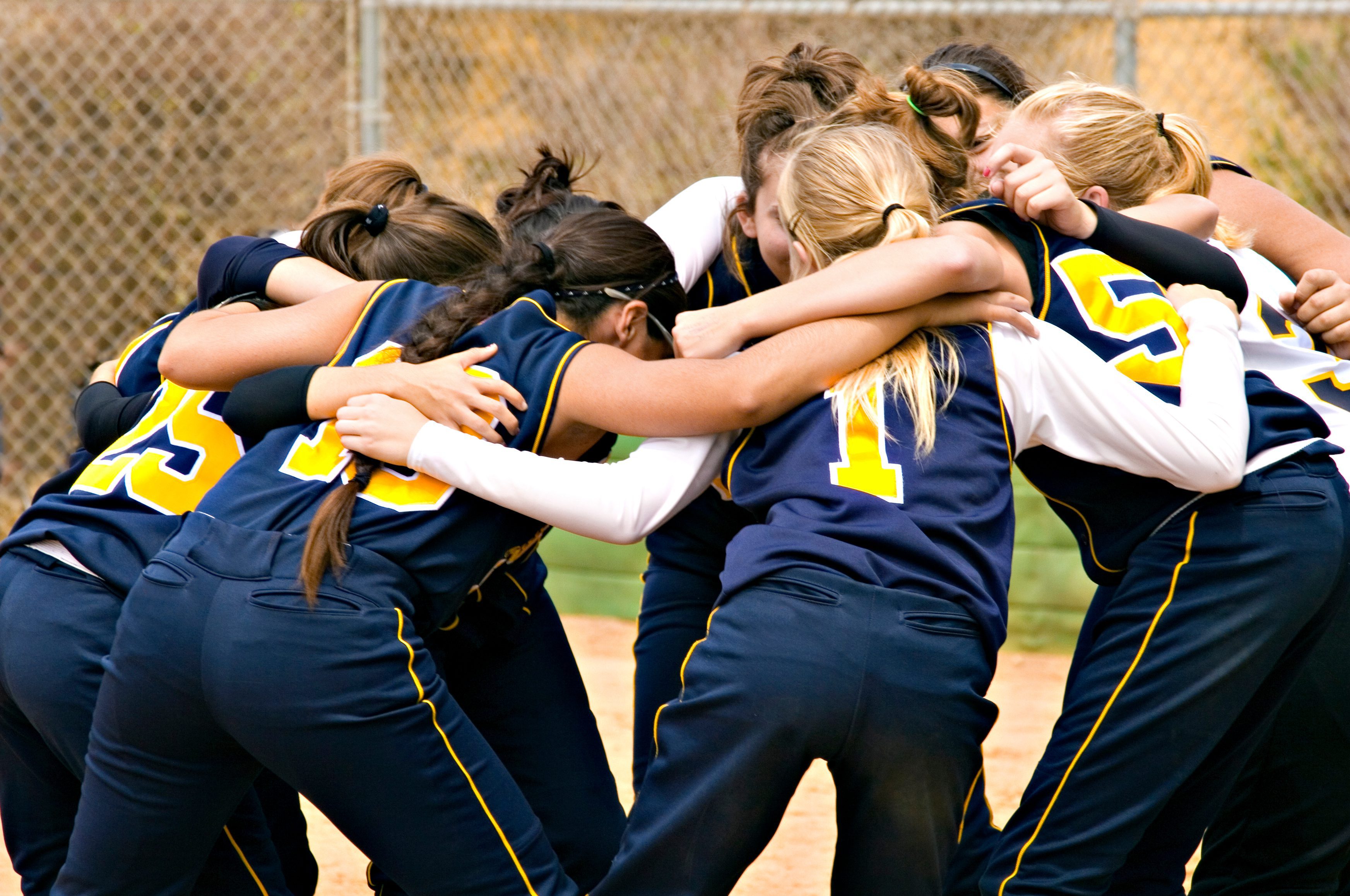An exploration approach to holistic development
Research suggests youth sport training focusing on exploration is central for holistic development. An explorative approach to youth sport and physical activity is one that includes more opportunities for problem solving, autonomy and creativity, and engaging in different types of physical activities.
Coach development programming for athletes with disabilities
Coaches’ understandings of disability are crucial, not only to athlete development, but also to athletes’ experiences of inclusion and community. When athletes perceive coaches to be unaccommodating or uninformed, they may feel excluded. Leadership programs like the Steadward Centre’s Athletes2Coaches show how supporting athletes with disabilities in undertaking coaching development helps to fill a gap…
Healthy schools in Canada
The Canadian Healthy School Standards offers tips and resources to create system-level changes for students, as well as the entire school community. By advocating for policies and investments that address health and well-being for students, staff and leaders, schools can chart their journeys toward improved health.
Toward values-based sport
“At the end of the day, it’s about making sure that the sport sector thrives and is united in offering positive sport experiences for all Canadians. For sport to do good, it must be good. For people to realize the benefits, they have to have an opportunity to play. I think that’s what it’s all…
Creating quality sports programs for kids with intellectual and developmental disabilities

Children with intellectual and developmental disabilities (IDD) can benefit physically and psychosocially when they take part in sport (Baran et al., 2009, 2013; Weiss & Bebko, 2008). Unfortunately, their needs are often neglected, which leads to various physical, social, communication and policy barriers to their involvement (Shields & Synnot, 2016). These obstacles may affect how…
Cultural relevancy and positive youth development: Exploring the sport and physical activity experiences of indigenous youth in Canada

Project summary The purpose of the study was to gain insight into how positive youth development (PYD) through sport and physical activity is understood for Indigenous youth in western, central, and eastern urban communities in Canada. The following research questions were addressed: 1) What meaning do the outcomes related to PYD in sport and physical…
Racing towards 2030: Using the Sustainable Development Goals to move inclusion forward in sport

If there was ever a time in our history to consider how to not leave anyone behind, 2020 was that year. As people and organizations seek to reconcile the impact of COVID-19, we need to think about how we build back in ways that intentionally bring people together and collectively work towards a better future. The…
Motor skill inequalities
Children of families with low socio-economic status face often barriers to developing the motor skills needed to enjoy and engage in physical activity and sport throughout life (e.g., limited access to sport equipment at home, reduced parental support, and fewer financial resources). To address motor skill inequalities, targeted interventions should consider developmentally appropriate activities to…
Gamification
Gamification is the use of game techniques, such as the allocation of points and rewards, to provide incentive and fuel the competitive spirit in aspects of life outside of sport. Learn how MLSE LaunchPad has used gamification to support the development of prosocial life skills in the SIRCuit.
Examining the use of socialization tactics in team sports

Project summary Sport team membership provides people with opportunities to work together toward a common goal and build supportive social relationships. Quite simply, being a member of a sport team is associated with a host of psychosocial benefits. However, joining a new sport team can be a stressful experience because of the uncertainty surrounding an…